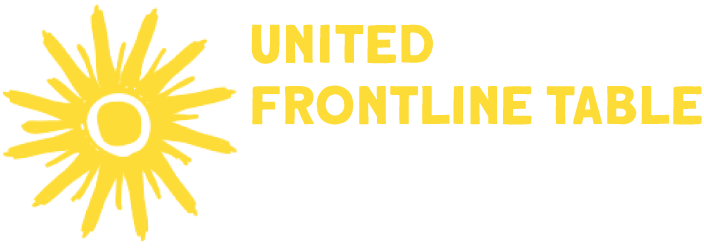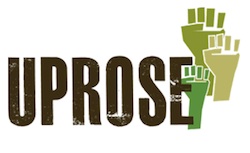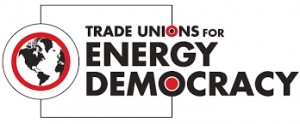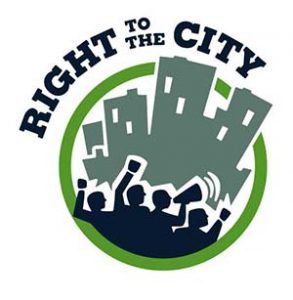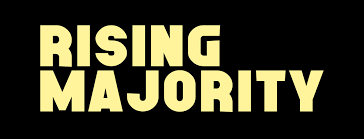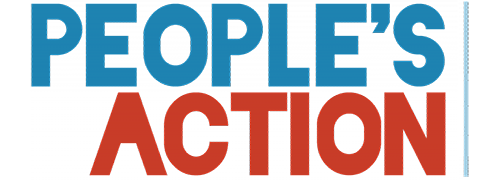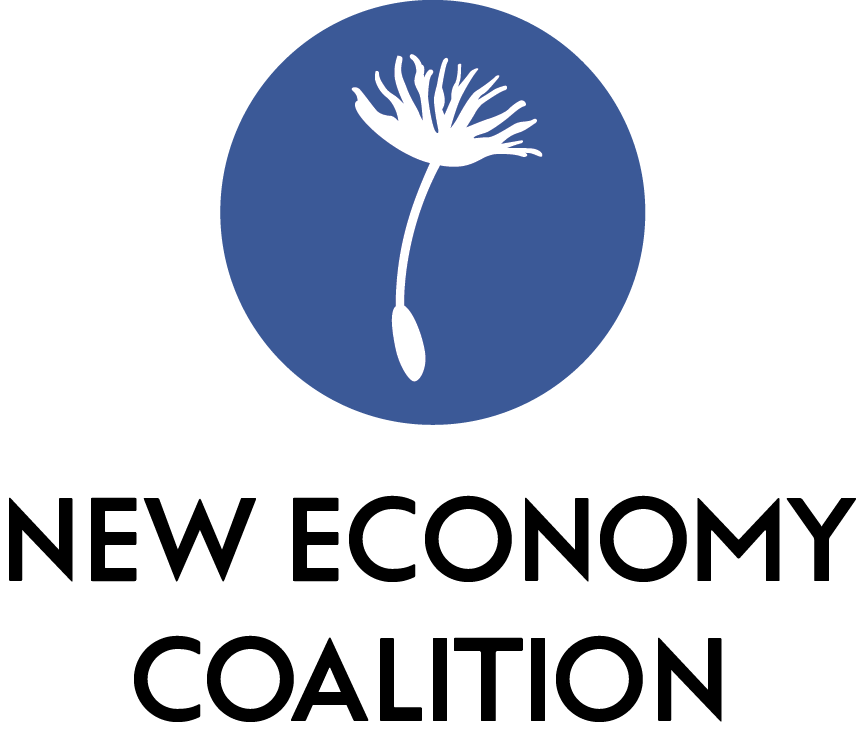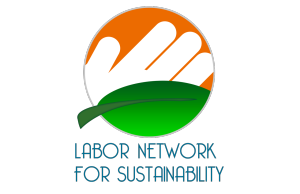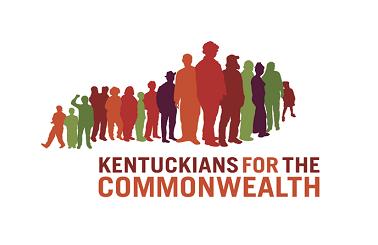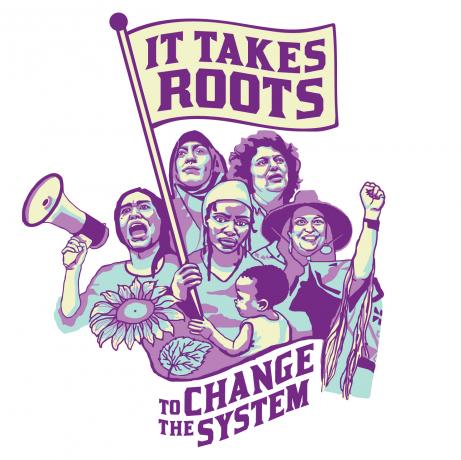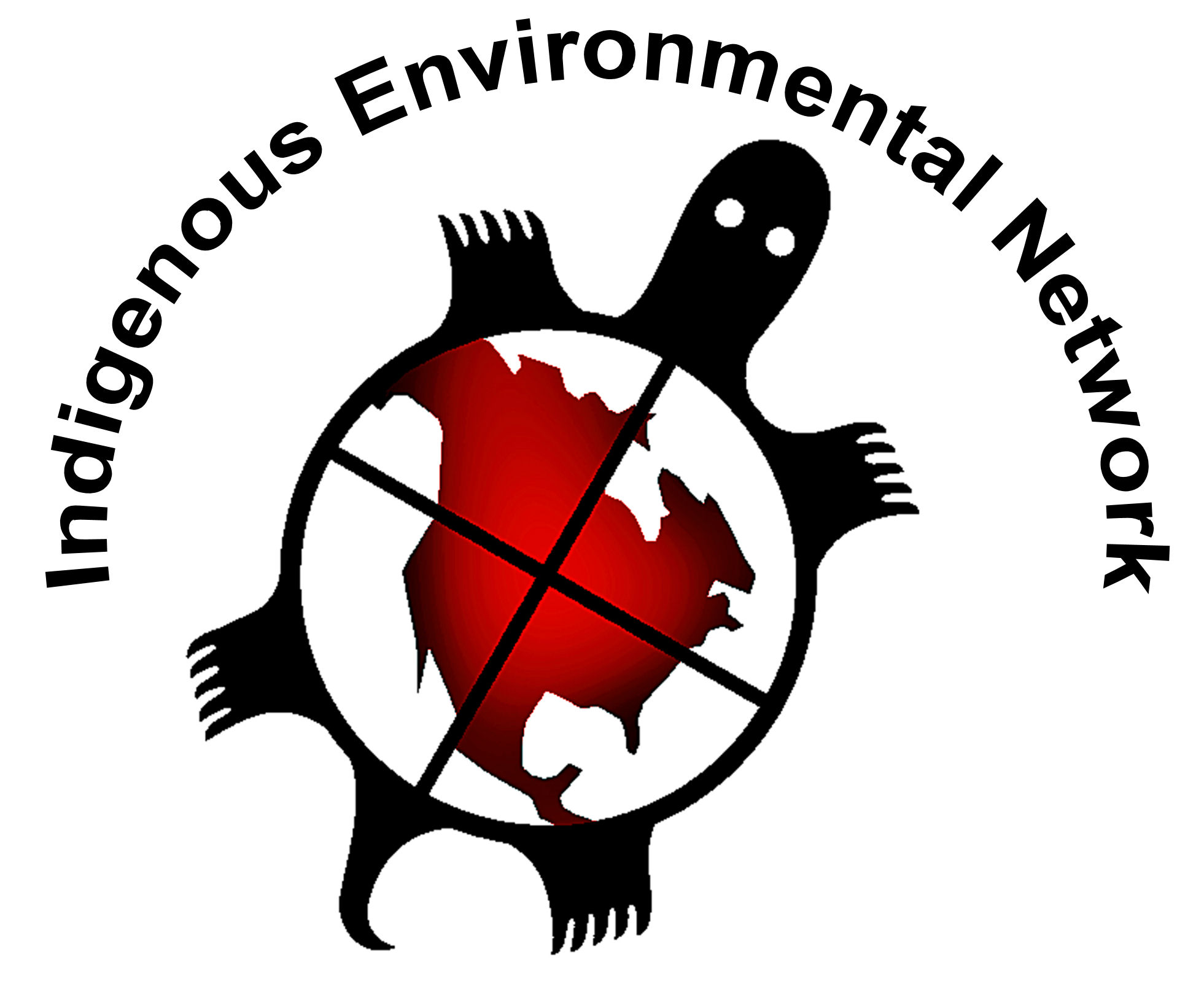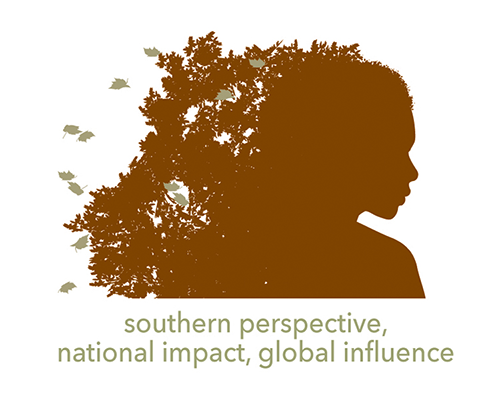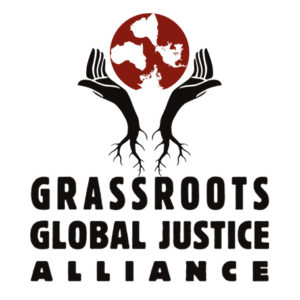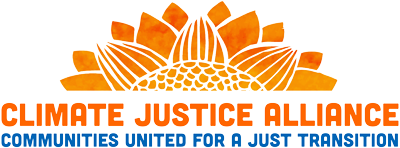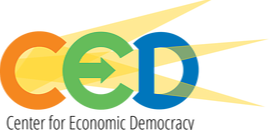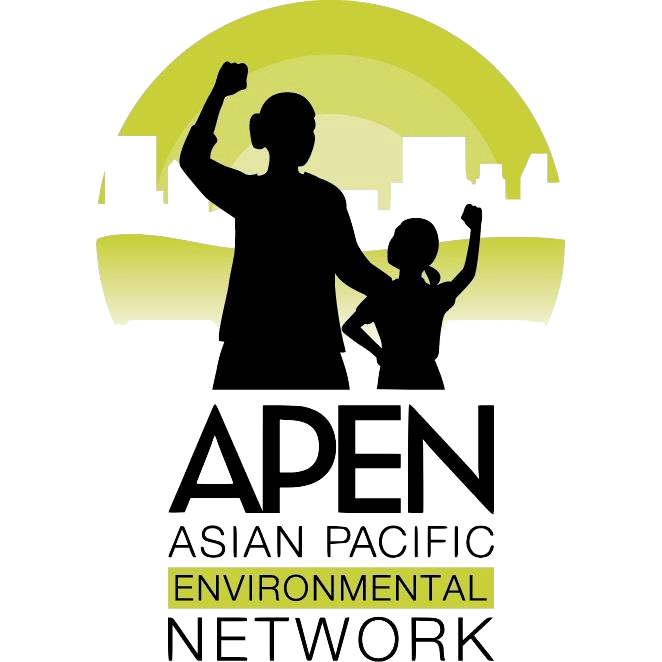People’s Orientation to a Regenerative Economy
The Frontlines Are Taking the Lead
Frontline organizations
Frontline organizations and networks have been working to advance a Just Transition and equitable solutions to the interlinked crises of economy, climate, and democracy for years, calling for the end of an extractive economy that lays waste to people and the planet. Over the years, we have built relationships and solutions across local communities from California to Mississippi, New York to Puerto Rico, Illinois to Massachusetts, Kentucky to the Gulf Coast, and with a myriad of Indigenous communities from Alaska to the Lower 48. Long advocating for climate justice through a Just Transition, the emerging Green New Deal (GND) has created an opportunity to deepen this work. And while a GND has been characterized as the required scale to address the climate crisis, the need to define what it means to people presents a set of challenges.
A new pathway
From national efforts like the New Economy Coalition’s Pathways to a People’s Economy, to regional efforts like Gulf South for a Green New Deal, to the local frontline-led efforts of PUSH Buffalo and Our Power Richmond, community leaders have been organizing, educating, and working collaboratively to take concrete actions to make the concept of a GND real on the ground. This work has expanded over the last year, across frontline networks, geographies, and silos. In the Summer of 2019, Climate Justice Alliance, It Takes Roots, People’s Action, and East Michigan Environmental Action Council gathered 67 frontline and allied organizations consisting of 80 leaders to participate in the Frontline Green New Deal + Climate and Regenerative Economic Policy Summit in Detroit. At this summit, we identified green lines (what we want), yellow lines (what we’re still questioning), and red lines (what we say no to) for GND policies, from development through implementation. This strategic approach was originally shared by People’s Action to workshop in Detroit, which we later adapted during the COVID pandemic into the Peoples Orientation to a Regenerative Economy, the United Frontline Table’s cornerstone policy and organizing tool to Protect, Repair, Invest, and Transform our communities and the economy.
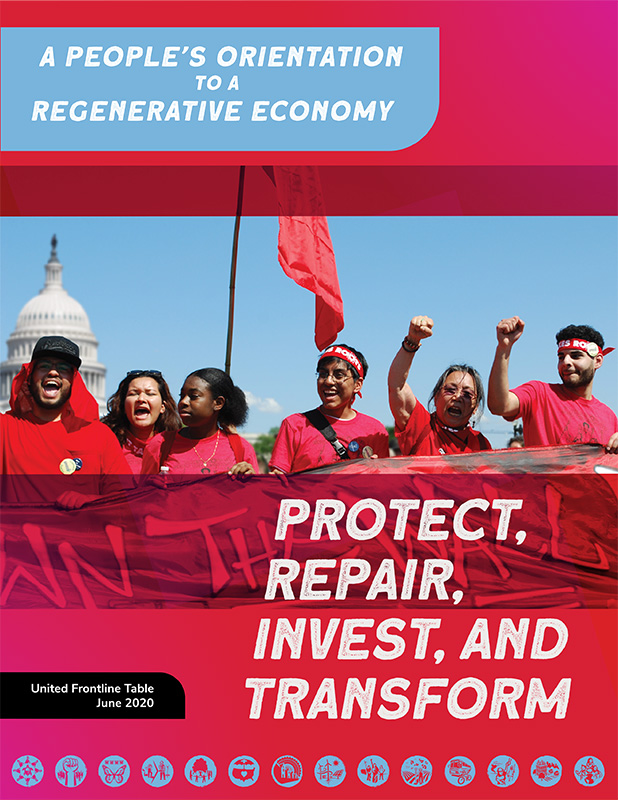
A PEOPLE’S ORIENTATION TO A REGENERATIVE ECONOMY
The tool developed by the United Frontline Table, with over 80 policy ideas and solutions presented as 14 planks for a Regenerative Economy, which a Green New Deal could provide, is designed to be utilized by frontline communities and lawmakers, alike. The planks are grouped into four overarching stances: Protect, Repair, Invest, and Transform. A Green New Deal requires all four, together. We must protect and repair communities and workers from the historic and present violence and tolls of an extractive economy. We must invest in resilient and sustainable infrastructure and systems that center the rights and expertise of Asian and Pacific Islander, Black, Brown, Indigenous, poor, and marginalized people. And we must transform the interdependent relationships that connect our governance systems, people, communities, workers, and the Earth.
United Frontline Table Members
The United Frontline Table (UFT) is comprised of the following networks, alliances, coalitions, and their members, with the cooperation of movement support organizations
